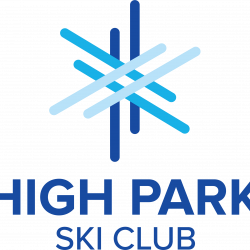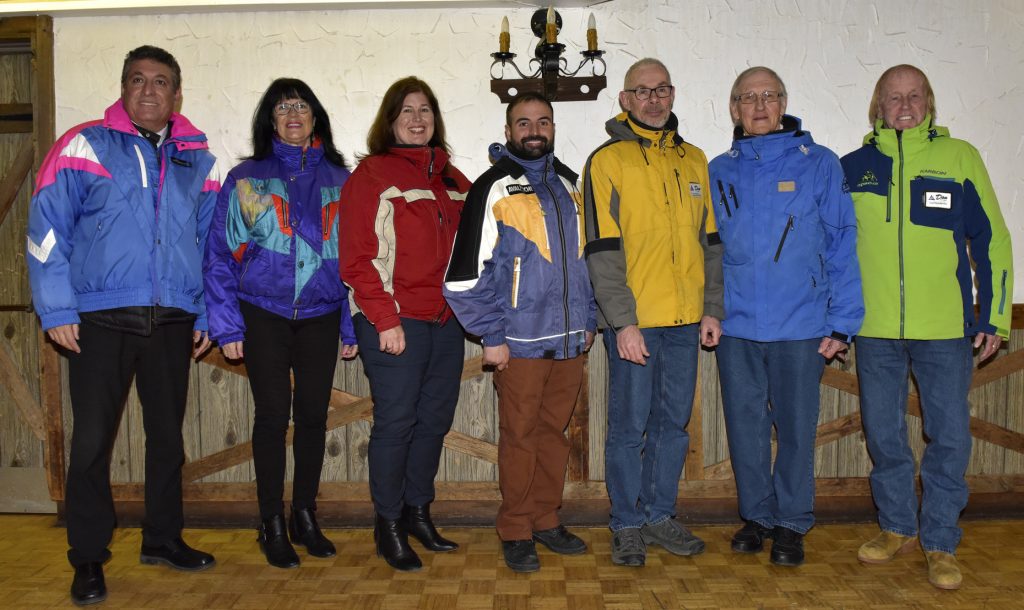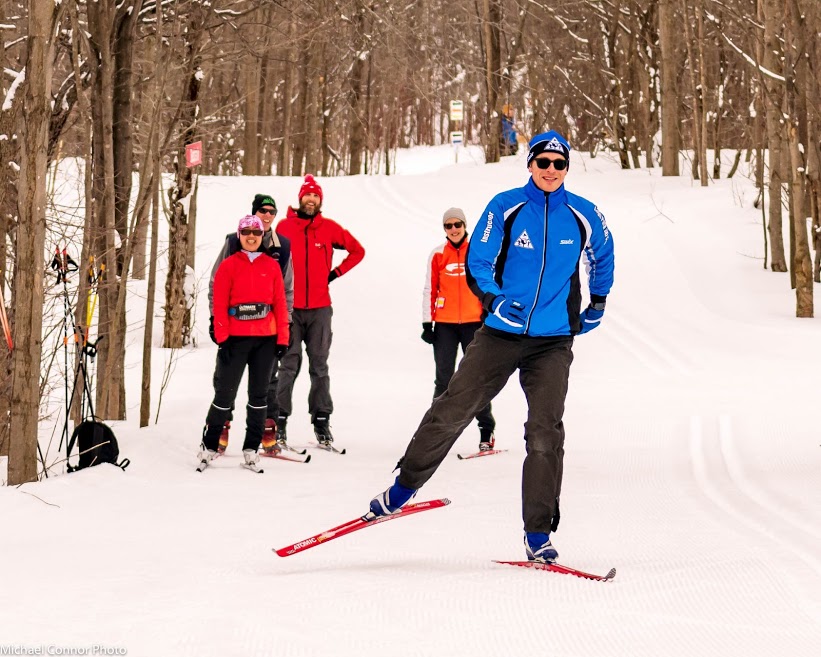We love to ski! The twists and turns, the pivoting and edging, the thrill of the next hill and run, the fresh outdoors, the thrill of the ride! While we take precautions to ski safely, unfortunately, accidents sometimes do happen. It is good to have some basic information about concussion awareness. We minimize the impact of the severity of any head injury by wearing helmets.
Of note, loss of consciousness is not necessary for a person to have sustained a concussion. While there has been controversy in the scientific community regarding criteria for traumatic brain injury and concussion, what is now commonly accepted is that among several criteria is some alteration in awareness associated with biomechanical forces to the head sufficient to cause neuropathological changes to the brain.
The good news is that for cases of mild concussion/mild traumatic brain injury, the physiological disruptions to the brain (and associated impairments in attention, memory, and information processing speed) generally resolve for the majority of individuals within days or weeks.
Symptoms associated with concussion include (but are not limited to): headaches, nausea, vomiting, dizziness. As well, there may be impairments in orientation, short term memory, and information processing speed.
As first line responders, ski patrol may ask some basic questions about a person’s awareness and orientation. For example, asking the person’s name, day of the week, birthdate, etc. This information may be of subsequent benefit if further cognitive testing is conducted. The following link shows some of the questions on a standardized assessment of concussion.
https://newburghschools.org/files/departments/athletics/ConcussionTestForm.pdf
Given that loss of consciousness is not a requirement for a determination for sustaining a concussion, it is always good to speak to ski patrol if you have had a fall and hit your head with any sufficient force which you think might be of concern. Remember: in the vast majority of cases, the natural course of events is for the brain to fully heal when there have been minor physiological disruptions.
Jonathan Siegel
HPSC Instructor



